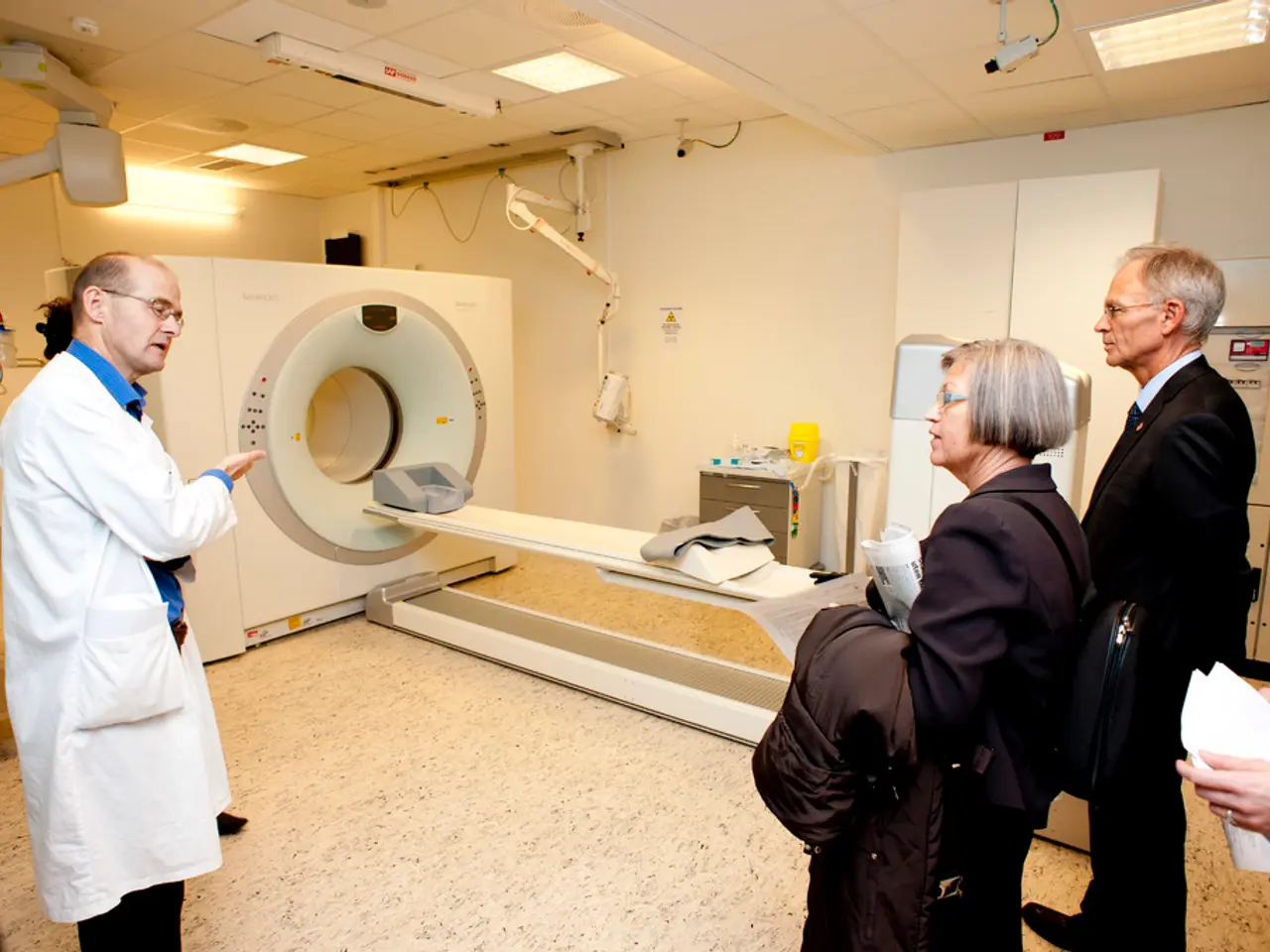Struggling staff numbers at Russian sanatoriums reveal a 40% shortfall
A worrying trend has emerged in Russia's hospitality and medical sectors, with a significant staff shortage affecting various establishments. According to a study by Ventra Go! platform and "Ostrovok" service, 91% of hotel owners reported a staff shortage in 2025. This shortage is particularly noticeable in the healthcare sector, where specialists are in high demand.
The CEO of "Plaza SPA," Marina Azarova, has highlighted the difficulty in finding allergists, endocrinologists, and immunologists. The Medical Director of "Vasta Hotel Management," Mikhail Danilov, has stated that the main issue is with mid-level medical staff, specialists, and food service workers. The General Director of the Crimean resort "Mriya," Samvel Sarukhanyan, predicted a staff shortage of 700,000 people in Russia's hospitality sector by 2030.
The staff shortage is not limited to medical professionals. According to the HR manager of the "Source Kislovodsk" sanatorium, Natalia Kovaleva, there's also a lack of kitchen staff, chefs, and housekeeping personnel, with a shortage ranging from 30 to 50%.
Experts attribute the staff shortage to several key factors. The demographic crisis and declining birth rates in Russia are reducing the future workforce pool, particularly in sectors requiring long professional training like healthcare. In 2024, just 1.2 million children were born in Russia, the smallest number since 1999, and a 4% year-on-year drop in births was reported in early 2025.
Furthermore, labor shortages are amplified by hostility towards migrant workers from Central Asia, who historically fill many service and medical roles. Over 20% of Russian businesses have reported being hindered by a lack of workers in early 2025 due to xenophobic attitudes and government crackdowns that limit migrant labor integration.
The war in Ukraine has also caused substantial disruptions in healthcare staffing, both through direct attacks on facilities and personnel and by increasing the burden on remaining healthcare workers. This, coupled with infrastructure and resource shortages, particularly in occupied or conflict-affected regions, creates unsanitary conditions that strain medical staff capacity and reduce the effectiveness and attractiveness of medical employment.
In conclusion, the staff shortage in Russia's hospitality and medical sectors is driven by a shrinking native workforce due to demographic decline, limited migrant labor participation because of xenophobia and policy restrictions, and compounded by ongoing conflict-related pressures on healthcare systems and infrastructure. Analysts consider this staff shortage as one of the main challenges facing these sectors.
[1] Demographic Crisis and Declining Birth Rates in Russia: https://www.who.int/ru/news-room/fact-sheets/detail/russian-federation [2] Xenophobia and Labor Migration in Russia: https://www.migrationpolicy.org/research/russian-migration [4] Impact of the War in Ukraine on Healthcare: https://www.amnesty.org/en/latest/news/2022/03/ukraine-healthcare-under-attack-amnesty-international-reports-on-russian-military-attacks-on-hospitals-and-other-healthcare-facilities/ [5] Infrastructure and Resource Shortages in Conflict-Affected Regions: https://www.who.int/news-room/fact-sheets/detail/russian-federation-health-emergencies
The staff shortage in Russia's hospitality and medical sectors is not only affecting medical professionals but also extending to kitchen staff, chefs, and housekeeping personnel. This trend is a concern for analysts in the health-and-wellness industry, as it is predicted that there will be a shortage of 700,000 people in Russia's hospitality sector by 2030. The staff shortage is influenced not only by the demographic crisis and declining birth rates in Russia, but also by hostile attitudes towards migrant workers, limiting their integration into the workplace-wellness sector, and the ongoing conflict in Ukraine exacerbating the burden on healthcare workers.




